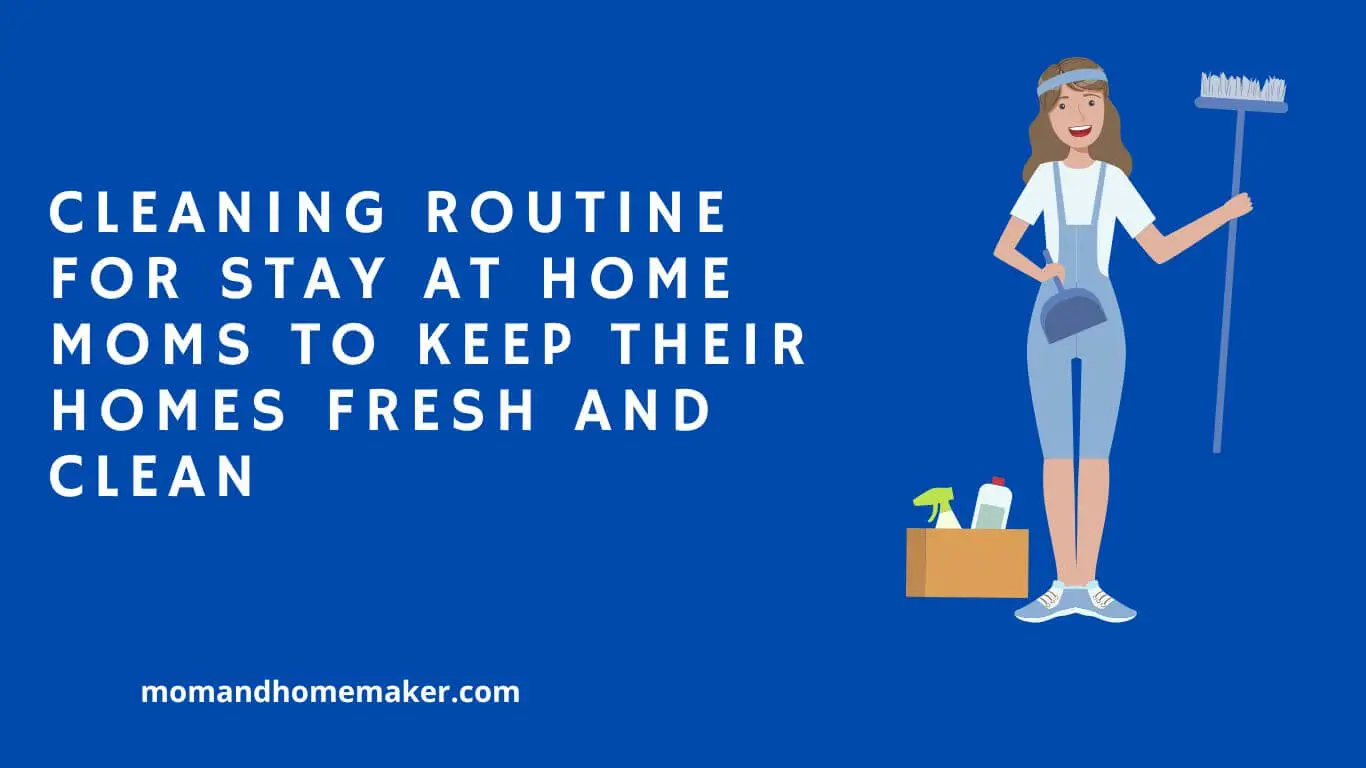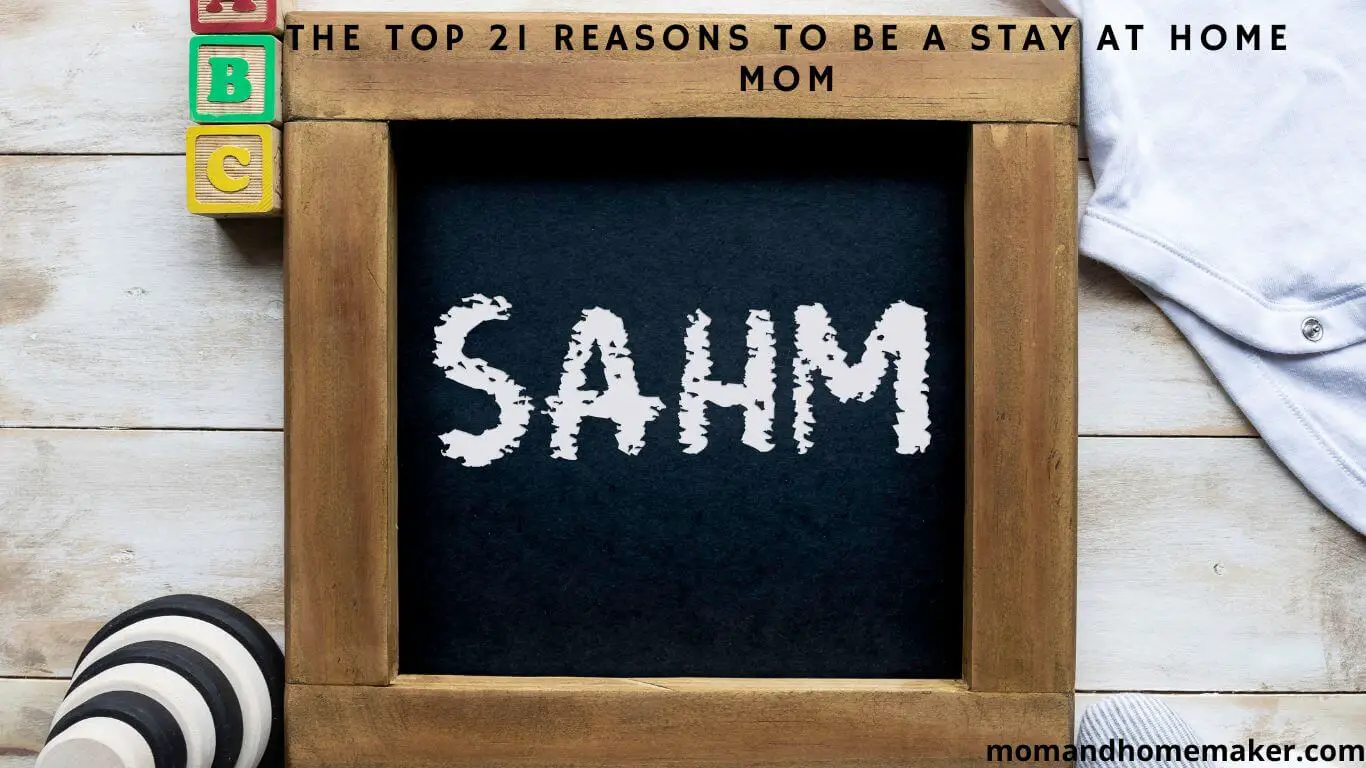As a stay-at-home mom, balancing childcare, household tasks, and perhaps remote work, you might wonder if it’s normal to feel lonely amidst the busyness. The sense of isolation that often comes with being a stay-at-home mom is a common experience.
But why do many moms feel this loneliness, and what can be done about it? Let’s explore the reasons behind this feeling and practical ways to address the solitude that many stay-at-home moms encounter daily.
Loneliness in Stay-at-Home Moms
As a stay-at-home mom, you might experience feelings of loneliness and isolation. While taking care of your family is fulfilling, it can also be a solitary experience. To combat these emotions, consider joining support groups tailored for stay-at-home moms.
These groups offer a safe space to share your challenges, seek advice, and connect with others facing similar situations. Knowing that you’re not alone in your struggles and having a supportive community can be incredibly comforting.
Engaging in social activities is another effective way to alleviate isolation. Try joining local mommy-and-me classes, playgroups, or community events to meet other moms and establish connections.
These interactions not only provide opportunities for adult conversations but also help in forming friendships with like-minded individuals who understand your journey.
Remember, building these connections can make a significant difference in combating loneliness as a stay-at-home mom.
Factors Contributing to Isolation
Loneliness among stay-at-home moms can stem from various factors contributing to feelings of isolation and disconnection. Understanding these factors is crucial for effectively addressing them. Here are some common contributors to isolation that you may resonate with:
- Limited Social Activities: Daily routines centered around household tasks and childcare can leave little room for social interactions. The lack of adult conversation and connections can heighten feelings of loneliness.
- Geographical Isolation: Living in areas with few neighbors or being distant from family and friends can magnify feelings of isolation. Limited access to support systems and community resources can make it difficult to combat loneliness.
- Changes in Social Circles: Transitioning to a stay-at-home mom role often involves a shift in social circles. Building connections with individuals who understand your current lifestyle can be challenging, leading to feelings of isolation.
- Impact on Mental Health: Neglecting self-care while constantly caring for others can impact your mental well-being. This can worsen feelings of loneliness and disconnection.
- Lack of Personal Time: Juggling household responsibilities and childcare may leave little time for yourself. Without sufficient self-care and personal time, feelings of isolation can escalate, affecting your overall well-being.
Impact on Emotional Well-being
Feeling isolated as a stay-at-home mom can have a significant impact on your emotional well-being. The lack of social interaction and the constant focus on caring for your family can take a toll on your mental health. Recognizing the signs of emotional distress is crucial, and seeking help when needed is important.
Here’s a breakdown of how isolation can affect your emotional well-being:
| Impact on Emotional Well-being | |
|---|---|
| Negative Effects | Positive Effects |
| Feelings of loneliness and isolation | Opportunity to bond closely with children |
| Increased stress and anxiety | Sense of purpose and fulfillment |
| Low self-esteem and self-worth | Time for self-reflection and personal growth |
It’s essential to remember that your mental health is just as important as your physical well-being. Taking care of your emotional well-being is necessary to effectively support your family.
Look for opportunities for social interaction, whether through mommy groups, online communities, or reaching out to friends. Prioritize self-care activities that help you relax and recharge.
By addressing these emotional challenges, you can create a healthier and happier environment for yourself and your loved ones.
Strategies to Combat Loneliness
To overcome feelings of isolation as a stay-at-home mom, consider engaging in regular social activities and connecting with supportive networks for companionship and connection. Social activities are essential for combating loneliness and nurturing your mental well-being.
Here are some effective strategies to help you combat loneliness:
- Join Mom Groups: Look for local mom groups or online communities where you can connect with other mothers who are facing similar challenges. These groups provide a supportive space for sharing experiences and building friendships.
- Attend Parent-Child Classes: Enroll in classes like music or art sessions that involve both parents and children. This allows you to interact with other parents while engaging your child in fun activities, creating lasting memories together.
- Volunteer in the Community: Consider volunteering as a way to not only help others but also to meet new people and establish meaningful connections. Volunteering can give you a sense of purpose and combat feelings of isolation.
- Schedule Regular Outings: Plan outings with friends regularly, whether it’s grabbing coffee, taking a walk in the park, or going shopping. These outings provide opportunities for social interaction and help break the monotony of daily routines.
- Practice Self-Care: Make self-care a priority by engaging in activities like exercise, meditation, or pursuing hobbies that bring you joy. Taking care of your mental and physical well-being is crucial for combating loneliness and maintaining a positive outlook.
Seeking Support and Connection
When you’re a stay-at-home mom, it’s essential to seek support and connection. Reach out to friends, family, or local support groups to feel connected and get the help you need. Building a network of people who understand your situation can bring comfort and companionship during this phase of life.
You can also explore online communities tailored to stay-at-home moms to share experiences, seek advice, and connect with others facing similar challenges. These platforms provide a space for open expression and virtual support from the comfort of your home.
In addition to online communities, consider joining local meetups or support groups for stay-at-home moms in your area. Meeting other moms in person can create a sense of camaraderie and belonging that online interactions may not fully replicate.
Engaging in activities together or having casual coffee chats can help you build friendships offline, giving you opportunities for social interaction and personal connections outside of your home.
Importance of Self-care
When you’re juggling the responsibilities of being a stay-at-home mom, it’s essential to remember the importance of self-care. Prioritizing self-care is key to maintaining your well-being and resilience, which ultimately benefits both you and those around you. Here are some important points to keep in mind:
- Benefits of Self-care: Engaging in self-care activities helps you recharge and rejuvenate, giving you the energy and enthusiasm to handle your daily tasks. It also plays a crucial role in reducing stress, improving mental health, and fostering a positive outlook on life.
- Managing Your Time: Setting aside specific time for self-care ensures that you prioritize your well-being amidst your busy schedule. Whether it’s scheduling time for exercise, hobbies, relaxation, or socializing with friends, making time for yourself is essential.
- Setting Boundaries: Establishing boundaries with your responsibilities and commitments is important for carving out personal time. Communicate your needs clearly with your family members and seek their support in honoring your self-care routine.
- Seeking Support: Don’t hesitate to ask for help when needed. Whether it’s from your partner, friends, or family, having a support system in place can lighten your load and give you the opportunity to focus on yourself.
- Consistency Matters: Make self-care a regular part of your routine rather than a sporadic treat. Investing in yourself consistently will lead to long-term benefits for both you and your loved ones.
Conclusion
Loneliness is a common experience for stay-at-home moms. It can feel like a constant companion, reminding you of the solitude that comes with caring for your children at home.
However, there are ways to combat this feeling. By reaching out to others, connecting with friends or support groups, and prioritizing self-care, you can find comfort and support amid isolation.
Remember, just like the sun breaking through the clouds, there’s hope to brighten even the darkest days.





